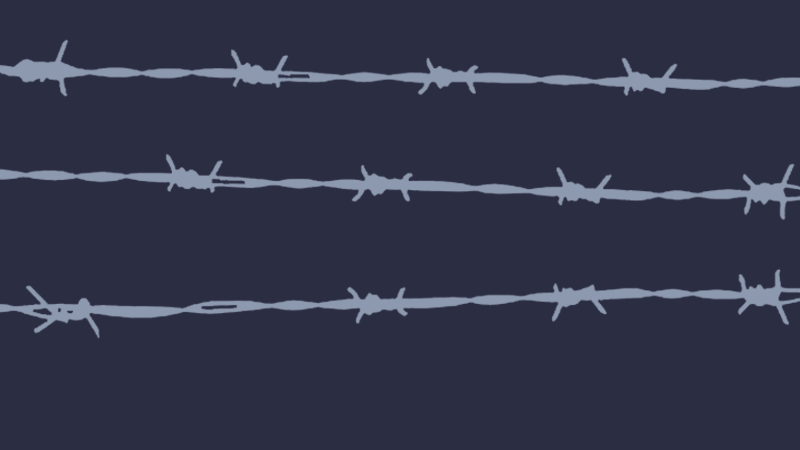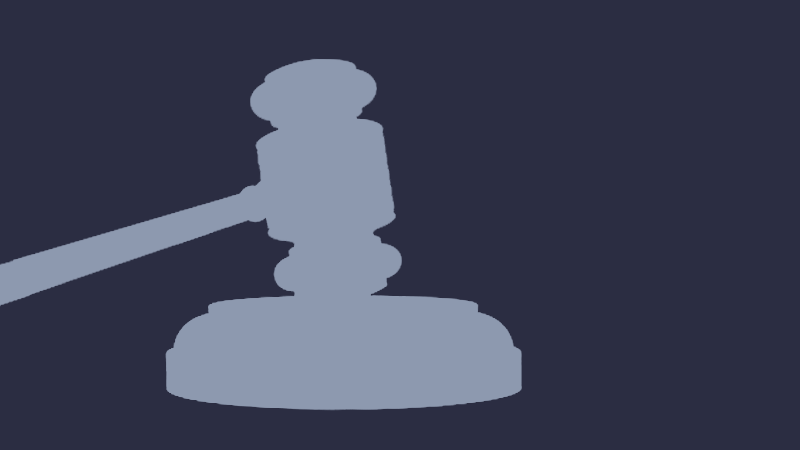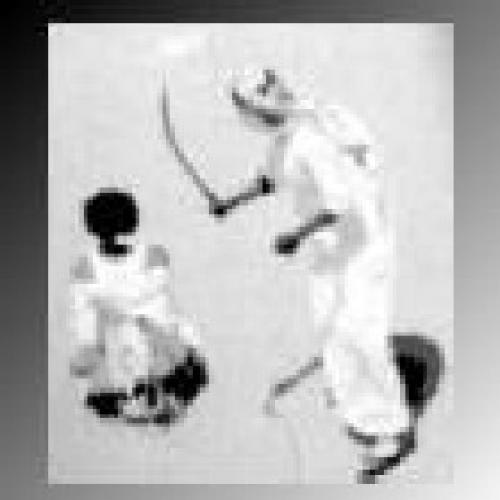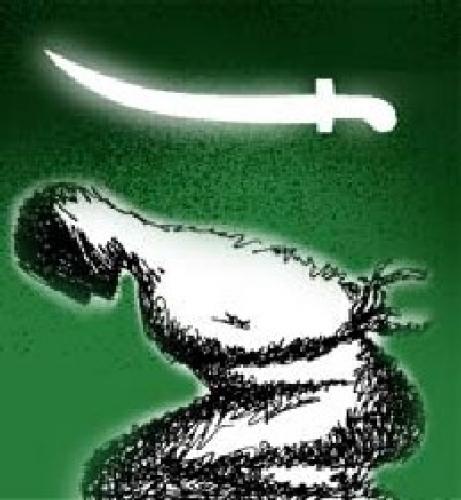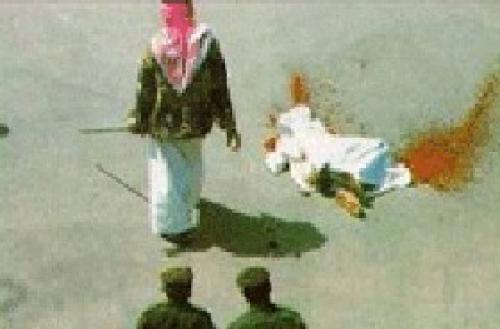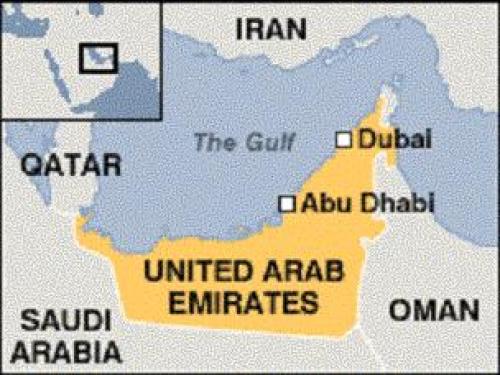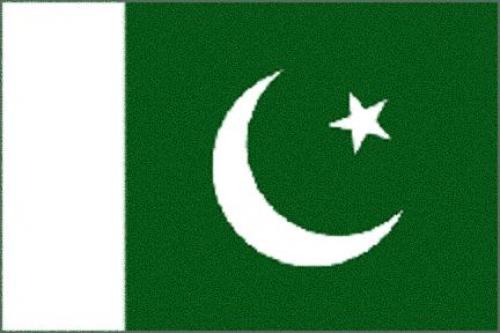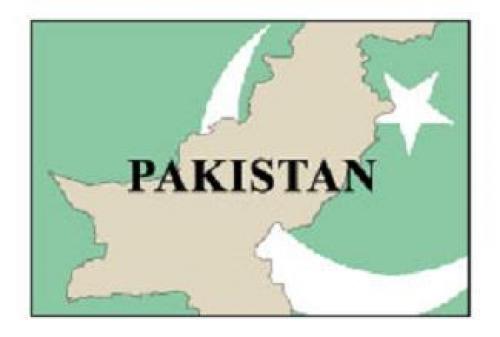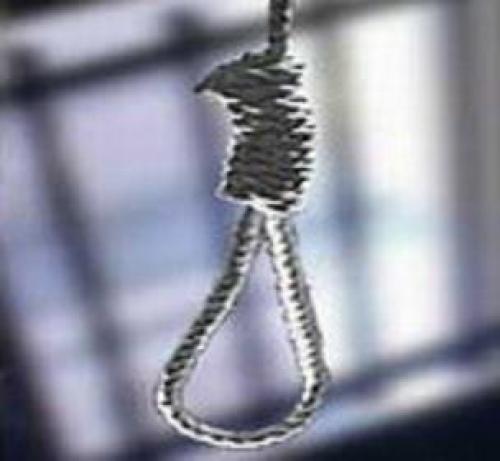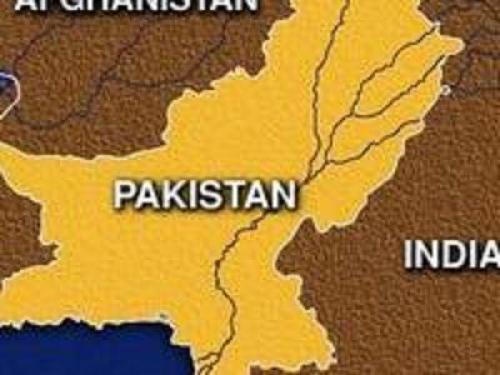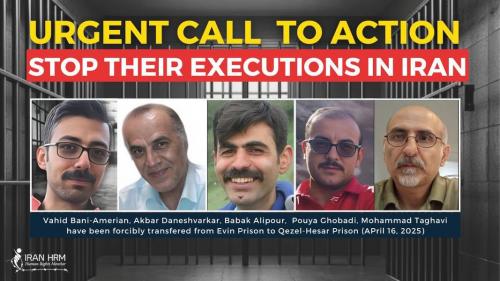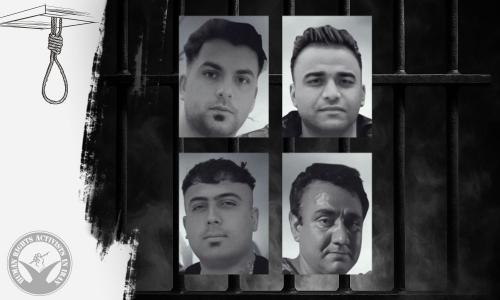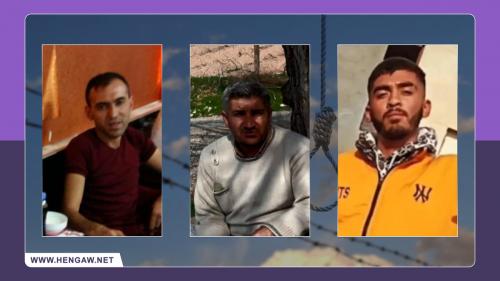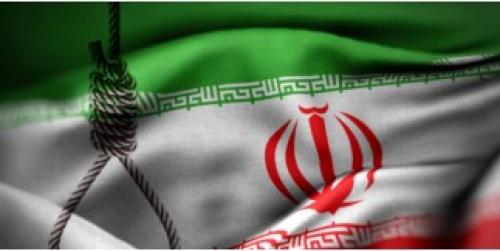government: Military
state of civil and political rights: Not free
constitution: 10 April 1973, suspended 5 July 1977, amended and reintroduced on 30 December 1985, suspended 15 October 1999
legal system: common law adapted to the Islamic State
legislative system: Gen. Pervez Musharraf dissolved Parliament following the military takeover of 12 October 1999; bicameral Parliament (Majlis-e-Shoora) consists of the Senate and the National Assembly
judicial system: Supreme Court (judicial chiefs are appointed by the president); Federal Islamic Court (Shari'a)
religion: Muslim majority; Hindu and Christian minorities
death row: 7,400 throughout Pakistan, with approximately 6,889 in Punjab. (Sources: Daily Times via BBC Monitoring South Asia, 20/10/2006)
year of last executions: 0-0-0
death sentences: 41
executions: 135
international treaties on human rights and the death penalty:Convention on the Rights of the Child
situation:
The death penalty is imposed for several crimes, including premeditated murder, robbery, hijacking, arms trading, drug smuggling and trafficking, rape, child smuggling, and capital offences under Sharia Law, such as blasphemy and sexual relations between partners not married to each other.
The law against blasphemy was introduced in Pakistan under the dictatorship of General Zia ul-Haq in 1985. The law prescribes the death penalty for anyone insulting the prophet Mohammed, other prophets or the sacred scriptures. No blasphemy convict has yet been executed in the Islamic republic and most death sentences for blasphemy are overturned on appeal by higher courts, but many Christians and Muslims accused of blasphemy have been killed in jails or police stations by religious fanatics.
The controversial Islamic Hudud [Koranic punishment] Ordinances - passed in 1979 as part of Zia ul-Haq’s Islamisation programme - deal with adultery and fornication (Zina) offences, crimes related to theft, alcohol and drug consumption, and false accusations in court (Qazf). One of the most controversial provisions states that a woman must have four male witnesses to prove rape or face a charge of adultery herself. Men and women found guilty of adultery face stoning or 100 lashes.
On December 1, 2006, Pakistan President Pervez Musharraf signed into law a bill amending the country's Islamic rape legislation. The bill places rape laws under Pakistan's British-influenced penal code and scraps the harsh conditions placed on rape victims. The amended law would drop the death penalty for people found to have had sex outside of marriage, though they still would be subject to a five-year prison term or $165 fine.
Judges also will be able to choose whether to try a rape case in a criminal court or Islamic court.
Under the Hudud laws death is the only punishment for those found guilty of gang rapes involving at least two or more perpetrators. These laws include judicial amputation for theft and armed robbery and flogging for alcohol and drug consumption. They apply without exception to all parts of Pakistan and override all other legislation, including that relating to children.
In Pakistan, traditional law exists side-by-side with Islamic and civil law, albeit uneasily at times. A tribal jirga (jury) may not have any legal sanction, but it continues to operate in many parts of Pakistan, where tribal and feudal systems are still dominant. In most cases, such a jirga is used by the tribal chiefs to maintain their grip on power. In remote rural areas, people go to a jirga instead of going to the police for resolution of inter-tribal disputes and matters related to ‘honour.’ Under tribal codes, women are seen as men's property and an allegation of unfaithfulness is punished by death. Thousands of women fall victim to this oppressive system in Pakistan every year. A woman suspected of having extramarital relations is declared a kari (sinful) and tribal honour requires a family member to kill her.
On October 26, 2004 the National Assembly passed a bill prescribing the death penalty for the most extreme cases of honour killing, and prison terms from seven years to life. The bill was to be approved by the Senate before it became law.
The government-appointed National Commission on the Status of Women said the law was a weak one as it did not cover the crime fully, but nevertheless a step in the right direction.
The law was changed after a prolonged protest by women's and human rights groups.
According to the non-governmental Human Rights Commission of Pakistan (HRCP), hundreds of women are killed every year in Pakistan in the name of ‘honour.’ An inter-tribal dispute is often resolved under the jirga system by giving a woman in marriage to the rival group. Punishing an innocent woman for a crime committed by a male member of the family is quite common in some parts of the country.
Most death sentences since 1997 have been handed down by special anti-terrorist courts set up by then prime minister Nawaz Sharif's government to combat growing terrorist attacks in the country. The jurisdiction of these courts gradually evolved to cover political charges and cases involving gang rape and violence against children. These courts hold trials within seven days. Convicted persons have to appeal within seven days, and the appeal must also be heard and decided within a week. These provisions contravene Article 14(3)(b) of the International Covenant on Civil and Political Rights, which entitles any person charged with a criminal offence to have adequate time and facilities for the preparation of his defence.
Prisoners in Pakistan, especially those on death row, live in cramped, overcrowded cells and often face abuse. In Punjab alone, at least 5,260 convicts are on death row in 30 jails. But there are only 812 death row cells to house them. The death row cells are usually small rooms that measure 9x12 feet, have attached toilets and are cordoned off by walls that are approximately three feet high. On occasions, as many as 12 inmates have to crowd into one cell, charge rights groups. A survey by the Law and Justice Commission of Pakistan, an advisory body to the government, says three to six prisoners are usually kept in a single death cell.
Pakistan is well-known for its part in executing minors. On June 13th 2006, Mutabar Khan was executed at the Central Prison of Peshawar after his conviction for murder in 1998. Mutabar was 16 years old at the time of his arrest in 1996. On June 6th, the Minister of the Interior granted a stay of 15 days and two days later the family of the victim conceded to the payment of “blood money,” but reneged, thus hastening the execution of Mutabar.
On July 1, 2000 the military government promulgated the Juvenile Justice System Ordinance 2000 (JJSO) abolishing the death penalty for children under 18 years of age. The law also barred juveniles from being tried as adults and accorded them legal assistance at the expense of the state.
In December 2001, President Pervez Musharraf issued a new decree commuting all juvenile death sentences to life terms. The decree was notified in the official gazette and acquired the force of law on December 13, 2001.
These steps did not do away with the juvenile death penalty completely however.
Other minors are still not being given legal assistance despite the obligation posed by the JJSO.
Moreover, the Ordinance was immediately applicable to the whole of Pakistan except Provincially-Administered Tribal Areas (Pata).
On December 6, 2004 the High Court in Lahore (Punjab) decided to revoke the Juvenile Justice System Ordinance (JJSO), which the Court reportedly found to be "unreasonable, unconstitutional and impracticable". The decision would do away with juvenile courts, and children would again be tried under the same procedure as adults. But the federal government and a non-governmental organization working on child rights filed appeals against the Lahore High Court judgment. In early 2004 the appeals were pending in the Supreme Court, which on February 11, 2005 stayed the Lahore High Court judgment until a decision had been made.
According to the Human Rights Commission of Pakistan, 82 people were executed in 2006, almost the double regarding 42 execution the previous year. A concentration of executions took place in Punjab, which is the most populated area of the country with the highest tensions.
Pakistan has voted against the resolution to abolish the death penalty that was approved by the UN Commission on Human Rights on April 21st, 2004.



